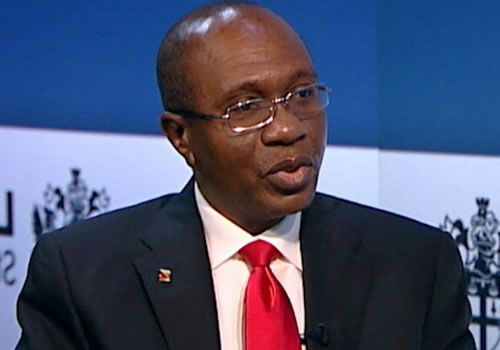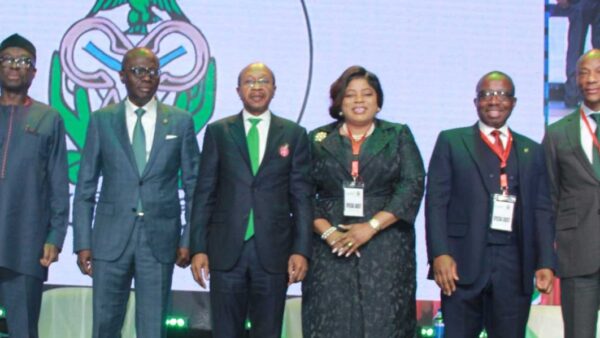Nigeria Wants Small-Scale Fishers Exempted From WTO’s Subsidy Ban

The Minister of Industry, Trade and Investment, Niyi Adebayo, has called on the World Trade Organization to exempt small-scale and artisanal fishers from the scope of its fisheries subsidies discipline.
Adebayo expressed Nigeria’s readiness to negotiate on appropriate special and differential treatment provisions for developing countries and least developed countries.
A statement by his Special Adviser on Media, Ifedayo Sayo, said the minister disclosed this on Thursday at a virtual meeting of the WTO Trade Negotiations Committee.
The statement was titled ‘WTO: Nigeria seeks exemption of small-scale fishers from subsidies discipline’.
“The Federal Government on Thursday called for the exemption of small-scale and artisanal fishers from the scope of the fisheries subsidies discipline under negotiation at the World Trade Organization by member nations,” it said.
The minister affirmed Nigeria’s commitment and support to the agreement to prohibit certain forms of fisheries subsidies that had resulted in the rapid depletion of global marine fish stocks.
He said, “I wish to assure you of Nigeria’s support and commitment to proactively engage with all members towards achieving a balanced outcome in line with our mandate to conclude an agreement to prohibit certain forms of fisheries subsidies that contribute to overcapacity and overfishing, and eliminate subsidies that contribute to Illegal, unreported and unregulated fishing, and refrain from introducing new such subsidies.”
He said appropriate and effective special and differential treatment for developing countries and least developed countries should be an integral part of the WTO fisheries subsidies negotiation.
Adebayo said the sustainable development of the fisheries sector would drive socioeconomic development for member states, given the sector’s contribution to food and livelihood security improvement.
He, however, noted that activities such as illegal fishing, overfishing and overcapacity, as well as other unsustainable fishing practices incentivised by heavy subsidisation posed a challenge to the ongoing efforts towards achieving sustainable development in the sector.
“These unsustainable practices have resulted in rapid depletion of global marine fish stocks,” he said.
The minister said the time was right for the WTO to conclude the negotiations on the subsidies of fisheries, adding that Nigeria would continue to support the Director-General of the WTO, Ngozi Okonjo-Iweala, to achieve the mandate of the organisation.
“After 20 years of negotiations, I believe it is time for us to draw the curtain on the fisheries subsidies negotiations,” he said.







